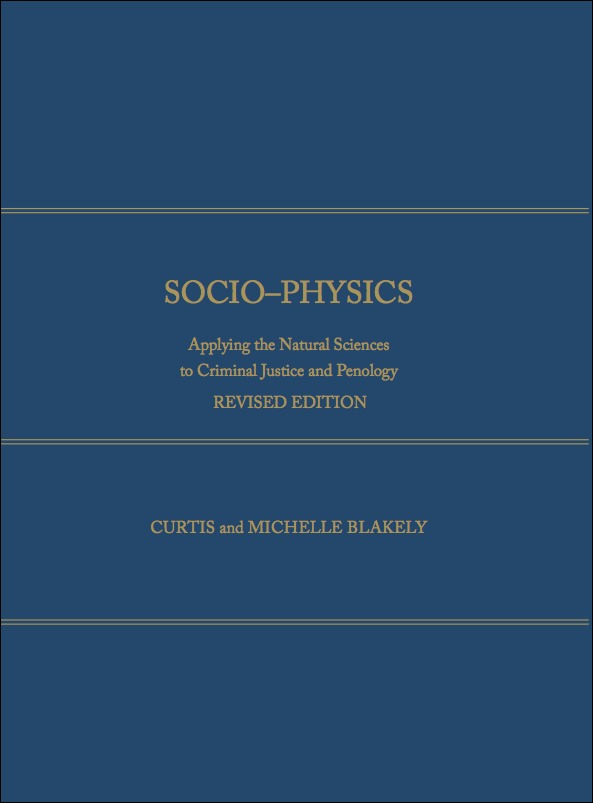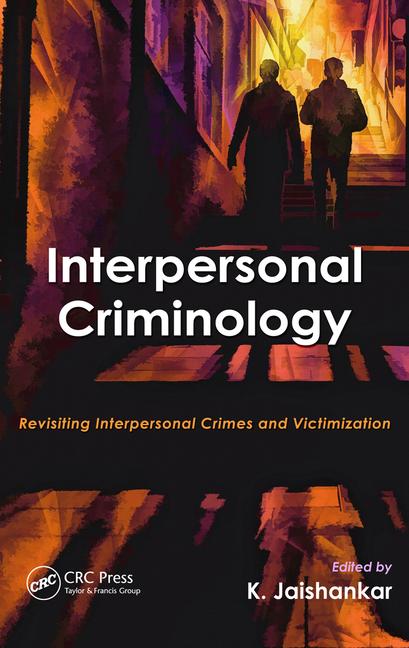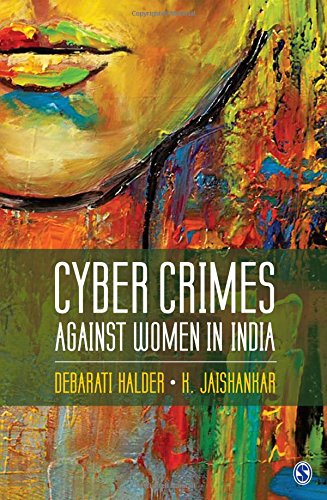Child Marriages and Criminal Law Policy in Indonesia: Exploring Legal Reform Possibilities
Abstract:
This research addresses the formidable challenges posed by child marriages within the Indonesian legal context. It explores potential legal reforms and advocates for a cautious, child-centric approach to addressing this issue. Employing a normative and juridical approach, the study integrates legal and philosophical viewpoints, with a particular focus on the child protection paradigm. The research scrutinizes existing legal frameworks, including Child Protection Law No. 35 of 2014. The study unveils a legal framework where child marriages may remain unpenalized unless physical harm is inflicted, as existing provisions emphasize prevention over criminalization. Societal permissiveness towards child marriages complicates the development of effective legal policies, creating a legal void that necessitates attention. This research underscores the pressing need for legislative reforms to safeguard the rights of children, with a particular focus on vulnerable female children in patriarchal societies. It calls for a more comprehensive legal approach that recognizes the complexities of child marriages in Indonesia. Policymakers should prioritize children's best interests when addressing child marriages. Legal reforms should encompass both preventive and punitive measures, filling the existing void and ensuring adequate protection for children. This research primarily relies on legal and juridical approach and may benefit from further interdisciplinary inputs and empirical data.
Keyword:
Child marriages, legal reform, child protection, Indonesian law, societal permissiveness, legislative reform



